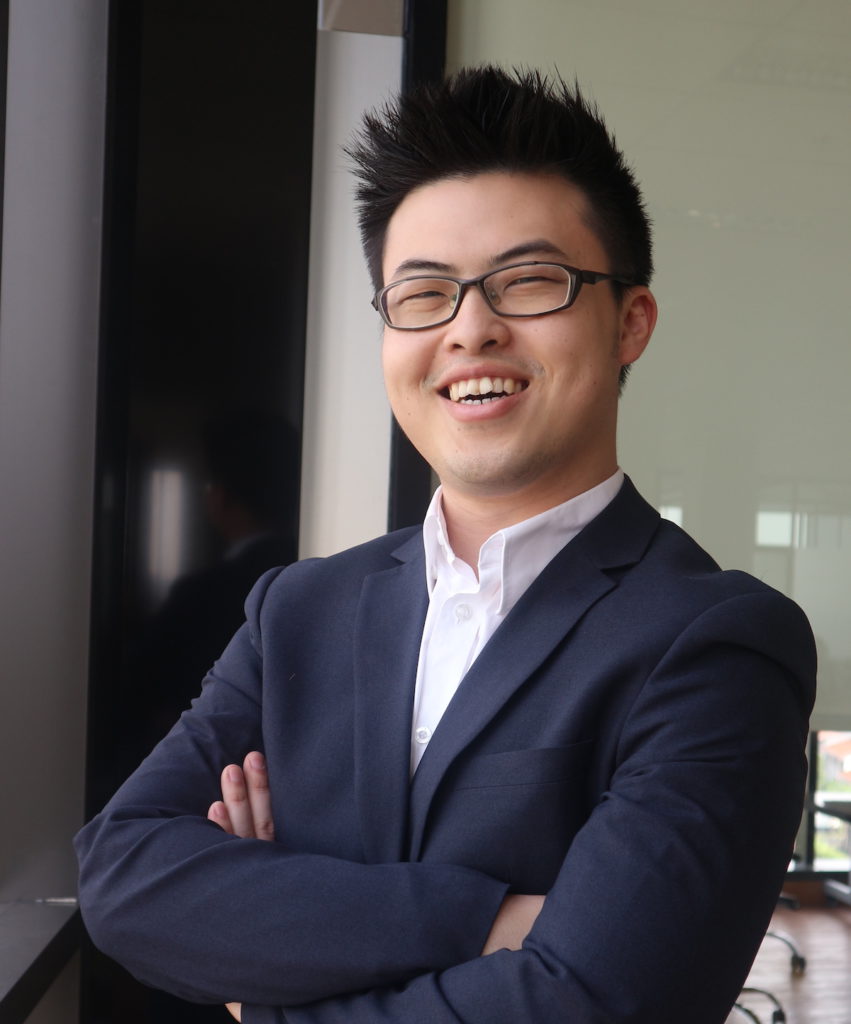Micro, small, and medium enterprises are the backbones of many emerging markets in Southeast Asia. However, most of them don’t have access to bank financing. In 2020, the funding gap for MSMEs in the region reached an estimated value of USD 300 billion. This funding deficit has created a market opportunity for a slew of peer-to-peer fintech lenders in the region, among them, Singapore-based Funding Societies.
The company was founded by Singaporean Kelvin Teo and Indonesian Reynold Wijaya in 2015. The two met when they studied at Harvard Business School in 2014. Hailing from Southeast Asia, Teo and Wijaya wanted to create a tech company to deliver “real change and positive impact to people in the region,” especially targeting underserved sectors such as small and medium businesses.
After launching in Singapore in 2015, Funding Societies quickly expanded to Indonesia in 2016, followed by Malaysia in the same year. In February this year, the firm launched a crowdfunding platform in Thailand after obtaining a license from the country’s Securities and Exchange Commission. In Indonesia, the firm operates under the brand Modalku, which means “my capital” in Bahasa Indonesia.
Funding Societies focuses on productive loans for MSMEs. It provides services like invoice financing, microloans, and supply chain financing. “At a group level, we have disbursed over USD 1.8 billion in business financing to 70,000 MSMEs in Southeast Asia, sourced from over 200,000 lenders,” Modalku COO, Iwan Kurniawan, told KrASIA. He joined Teo and Wijaya to build the company in late 2015.
Funding Societies is backed by various investors, including SoftBank and Sequoia Capital India. In October, it raised USD 18 million in debt financing through Helicap Investments and the Social Impact Debt Fund. That same month, it closed an additional undisclosed funding round led by 500 TukTuks to fuel Funding Societies’ operations in Thailand.
“We’re on track to raise over USD 120 million in institutional debt in the coming months to support more MSMEs with much-needed growth capital and working capital,” Kurniawan said.

In Indonesia, the firm is currently expanding its offerings. In late October, it launched a “buy now, pay later” product called “Modalku Virtual Credit.” The service allows MSMEs to procure goods from online and offline suppliers and pay 30 to 60 days after the purchase. “With more time and better cash flow, business owners will feel more confident about growing their businesses in a fast-evolving landscape,” Kurniawan said.
He added that there are around 63 million MSMEs in Indonesia alone. About 70% of these businesses don’t have access to banking and other financial services. “By getting access to finance and prudent management, MSMEs have great potential to grow. This is why we created Funding Societies and Modalku.”
Challenges of Indonesia’s crowded fintech market
While the fintech market is maturing in Indonesia, Kurniawan said it was difficult to gain public trust when Modalku launched operations in 2016. The firm needed time, energy, and investment to educate the market, get support from regulators, and eventually drive market adoption. “Back then, fintech was a new topic for the public, regulators, and other stakeholders. There were many misunderstandings and fears in this sector.”
Confusion about fintech lending still exists in Indonesia, Kurniawan said. This has led to an increasing number of fraudsters seizing the opportunity to operate unlicensed platforms to take advantage of users with low levels of financial literacy.
“This situation has created unnecessary pain and trauma among users. It is now a topic of top concern for different stakeholders. The faster and more intense we mitigate such risks through cooperation, market education, and legal actions, the healthier the industry will become,” Kurniawan said. This is “the biggest challenge in the industry right now,” he added.
Modalku is currently producing educational content about fintech lending and regularly sharing updates with users through the company’s social media accounts, email lists, and official website. The firm is also a member of the Indonesian Fintech Association (Aftech) and cooperates with other organizations and authorities to boost public financial literacy, Kurniawan said.
Kurniawan highlighted initiatives promoted by Aftech, including launching sites like cekfintech.id, a platform that allows users to check licensed players, and cekrekening.id, a portal containing a database of bank accounts linked to suspected criminal activities.
Indonesia is currently conducting a battle against illegal fintech lenders after President Joko Widodo ordered relevant authorities—including the Financial Services Authority of Indonesia, the IT ministry, and the national police chief—to take firmer actions against online loan sharks. As a result, the government is imposing a moratorium on license issuance for new fintech lenders in a move that seeks to focus resources to eradicate illegal fintech businesses and strengthen supervision for existing companies.
Despite existing challenges, Kurniawan is optimistic about the future of fintech lending in Indonesia. He highlighted the growing adoption of other fintech services and the rise of digital banks as two drivers of fintech lending adoption.
“Moving forward, Modalku will work with more debt funds and banks to increase our funding sources. We will also work with more stakeholders to further educate the market,” Kurniawan said.
“Existing banks and digital banks will actively collaborate with fintech lenders to tap into a new set of customers. The collaboration between fintech and banks will certainly create a stronger positive impact for both the industry and consumers,” he added.

